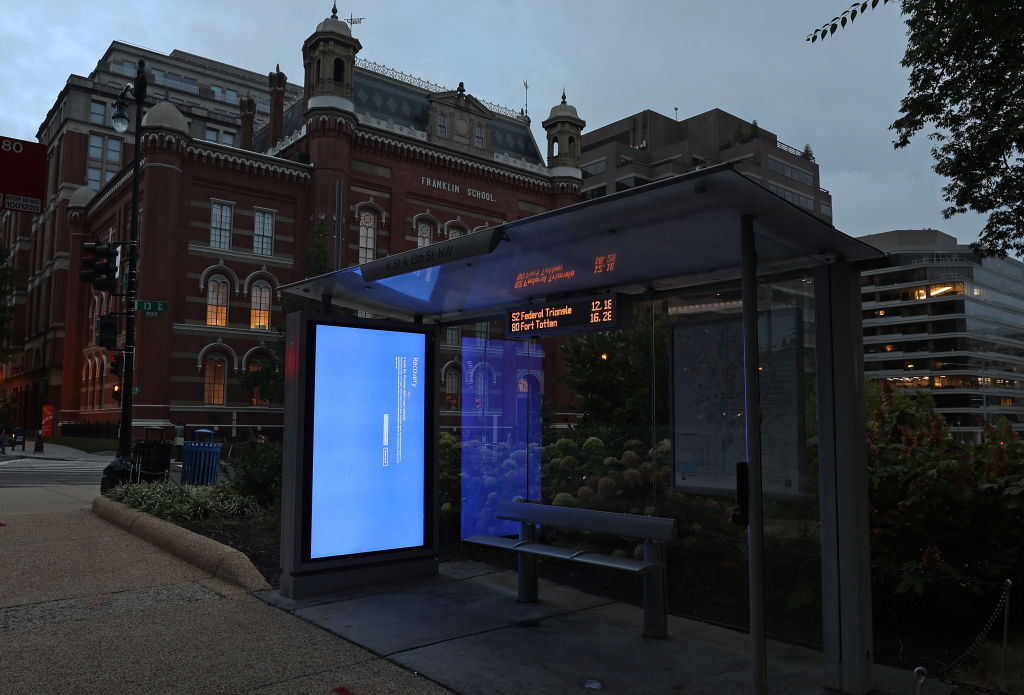- cross-posted to:
- legalnews@lemmy.zip
- cross-posted to:
- legalnews@lemmy.zip
I would honestly think freezing airports, hospitals and other services for days would cause a lot of legal trouble.
At least that’s what would happen if an experienced hacker did the same thing.



Well, for one, it’s not known as “BSOD day” by any other customers that I know of. For two, there are contractual obligations, which prevents businesses from immediately pulling the plug and depriving them of funds, or from having knee jerk reactions, depending on your perspective. And finally, in just my own opinion, no other alternative solution provides a more compelling case for risk reduction without the same potential compromises even given the faulty deployment methodology that CS used. Sad, but true in my experience.
Needing kernel code for security sucks, don’t have better options right now, encourage startups and take risks on them instead.
Sadly I’d say Cylance has a feature-complete alternative to Crowdstrike but Blackberry has done everything possible to not promote the product.
Cylance was comparable several years ago. But, as you say, Blackberry bought it. Development effectively stopped at that moment. Reported bugs were going un-triaged and the software stopped moving forwards and AV software that isn’t constantly adapting becomes a security risk in itself. The two are not comparable now - CS has a lot of extra features, especially in attack monitoring and analysis.
We were Cylance customers, and we changed to Crowdstrike when our contract expired. It was the right choice at the time, as was our decision to choose Cylance before them. Turns out we have pretty crappy luck.
Yeah cylance definitely had some issues but it seems like they’ve recently been doing better in bringing features.
Another in this space is Palo Alto Networks XDR.